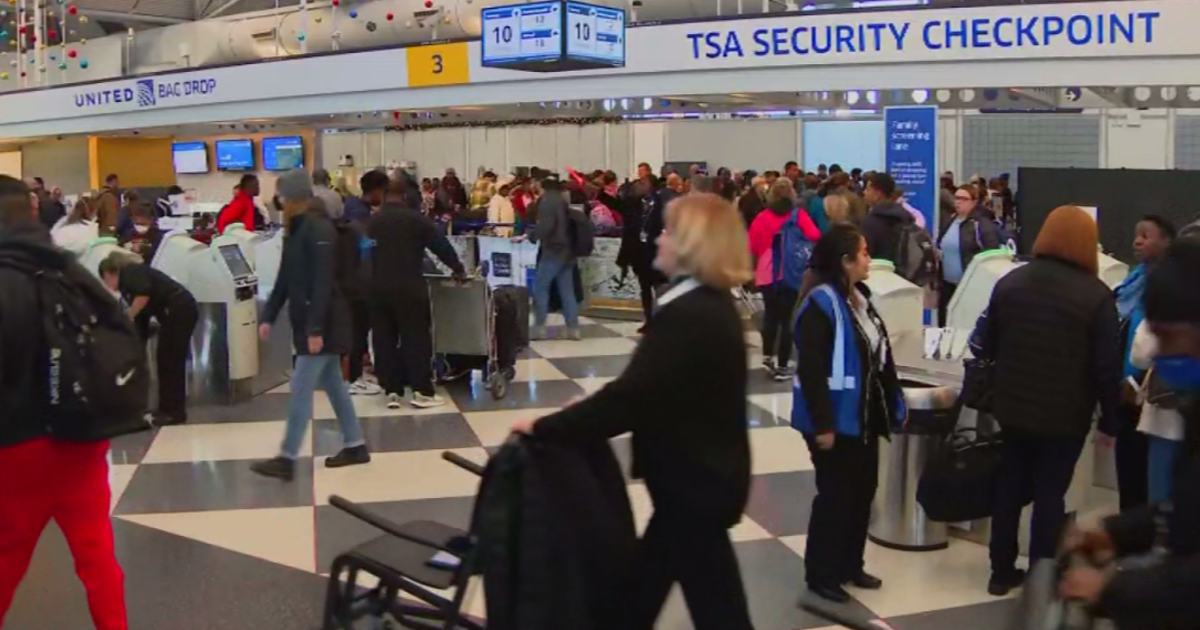Migrating Birds Causing Trouble For Airplanes
CHICAGO (CBS) -- Two times in three days birds have forced the emergency landing of an American Airlines jet at Chicago's O'Hare International Airport. Pilots say this time of year, in particular, is the most risky for bird strikes.
Pilot and Travel Express Aviation owner Ken Phlamm says that's because this is migration season. He says for small plane pilots, most bird strikes occur at 200 to 500 feet, right after take-off and geese are most often hit.
Phlamm says small plane pilots and air traffic controllers at smaller airports scan the skies for flocks before take-offs and landings. If there is an encounter, there isn't much a pilot can do except try to climb. Most birds, he says, look at planes as predators and try to dive.
Hitting geese can cause quite a bit of damage to small planes, says Phlamm, as he points out a huge dent in a small plane's wing. But most smaller aircraft stay in flight after a bird strike. It's a different story with jetliners.
Tuesday, an American Airlines flight was forced to land after hitting three or four Canada geese. Another American Airlines flight was forced to land on Sunday. No one was hurt but there is a risk. Phlamm says if a bird or goose gets sucked into a jet's engine, it could damage it or cause it to stop working.
DePaul University Transportation Professor Joe Schwieterman says the major airlines safety record and response after bird strikes is tremendous. But he believes the bird problem is getting worse.
That's difficult to say but according to the Federal Aviation Administration, there were 102 bird incidents at Chicago's two airports from January, 2013 to June, 2013. More recent numbers were not yet available.



